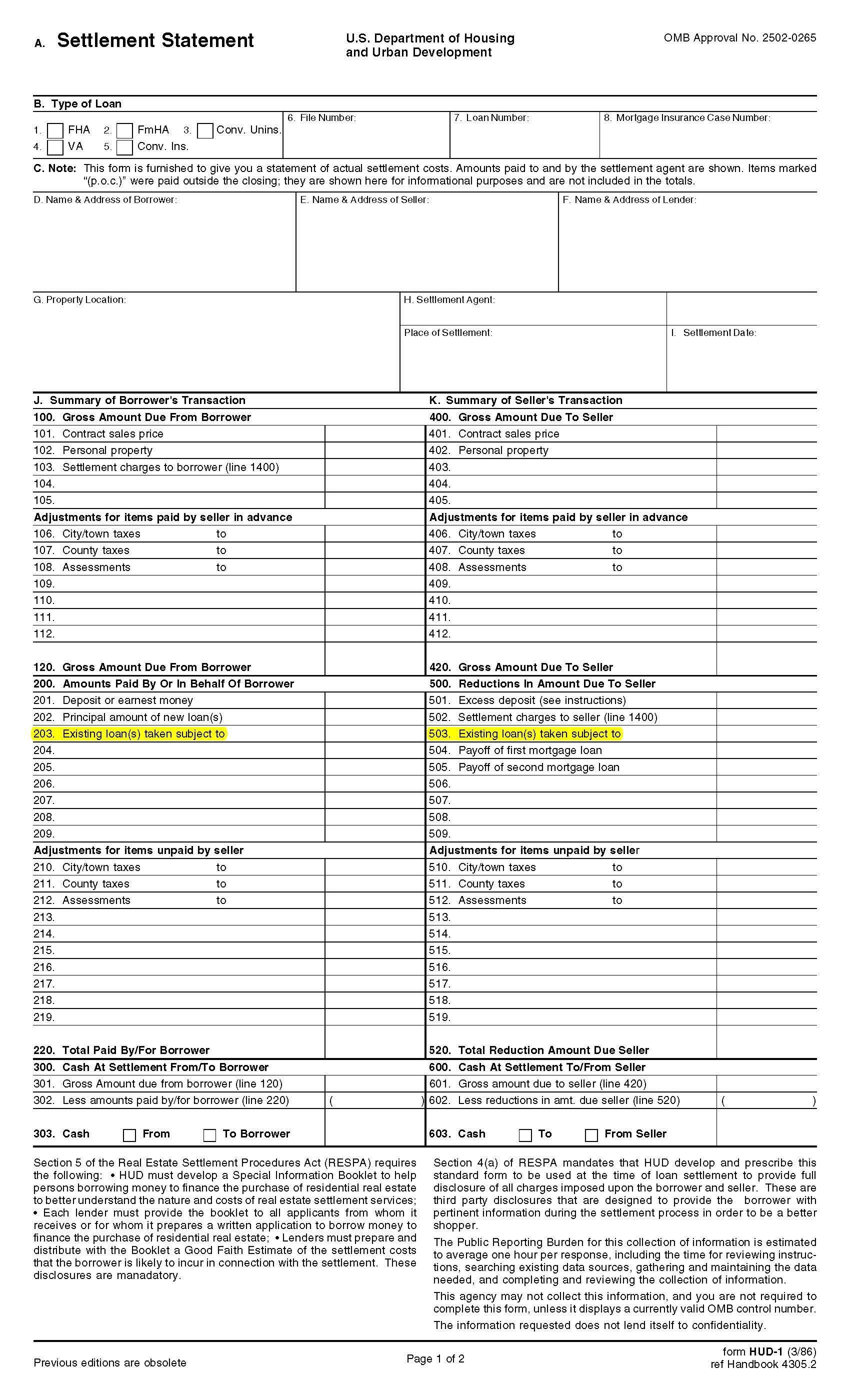This Is Why You Should Be Investing in Real Estate Right Now
Real-estate investing isn't just for beginners; don't miss out on an incredibly lucrative opportunity.

Real-estate investing benefits
Real-estate investing might seem complicated, but the benefits far exceed any speed bumps you might run into. And the benefits are many:
1. Passive income. Building wealth and financial freedom is expedited with passive income. As Dave Ramsey says, “Passive income is money you earn in a way that requires little to no daily effort to maintain. Some passive income ideas — like renting out property or building a blog — may take some work to get up and running, but they could eventually earn you money while you sleep.” Passive income will help protect you should you lose your job and can even help you retire early.
2. Appreciation. Other than rent payments, real-estate investors also make money through appreciation. Appreciation is the increase of value over time. As time passes, a property should increase in value and rent payments may also increase. When you eventually sell the property, you’ll make a profit as long as you’ve done your research and made a good investment.
3. Leverage. Using various borrowed capital or financial instruments to increase your investment’s return is called leverage. For example, you might only put down 7 percent on your first property, but that investment gives you 100 percent of the property. You’ve leveraged a low amount of money for a potentially high return. Real estate can also serve as collateral since it’s a tangible asset.
4. Tax breaks. Real-estate investing also creates big opportunities for tax deductions and breaks. When you deduct things from your income at tax time, you claim less income and thus pay less taxes. With real estate, you can deduct the cost of owning, managing and operating your property.
5. Profitability. This should be obvious: You can create some serious cash flow with real-estate investing. The money you have leftover after you pay the mortgage payment and any operating expenses is your cash flow. You can set the rent so that it covers both expenses and provides you with a good return — just be sure to take the market into account. Plus, as you pay down your mortgage, your cash flow will only increase, as will your equity.
Real-estate investing for beginners
There are several ways for people to get into real-estate investing, even beginners:
● FHA loans. FHA loans are a special type of loan that is backed by the U.S. government. Using this type of loan, you can get extremely low down payment rates — as low as 3.5 percent. They also allow you to have a lower credit score than other lenders. The stipulation with this type of loan is that you must live in the residence you purchase. Many people use these types of loans to buy apartment buildings and do what is called “house hacking.” With yourself living in one unit and collecting rent on the other unit (the loan allows for up to four units), you’ll be able to pay back your mortgage and earn cash. That extra cash flow can even make you enough to invest in more properties down the line.
● Flipping properties. This is when someone purchases a property with the intent to sell quickly, within four months or so. We see this often with homes. A real-estate investor will purchase a home that needs to be renovated, quickly update it and sell it for a profit. People also sometimes hold and resell properties during a quickly rising market. If you have the time and funds to quickly fix up a house and monitor the market, this could be right for you.
● Investing in rental properties. Lots of people are generating passive income by purchasing properties in high-traffic vacation areas and renting them out on websites like Airbnb or VRBO. The key here is research, especially if you don’t live in the area. This method involves online real-estate investing and a fair amount of analysis. You’ll need to calculate possible earnings based on how often other rentals in the area are booked.
What’s great with this option is that you can automate most of it: hire a property manager, cleaners, etc. This does eat into your profit, but is perfect for someone who wants a hands-off approach. Plus, websites like the ones mentioned above protect you from destructive renters, whereas having an apartment for rent doesn’t necessarily afford you the same protections. If you do have a bad tenant, he or she is there for a short period of time — unlike in an apartment situation.
Real-estate investing is often overlooked by new investors. However, real-estate investing for beginners is very possible and can be extremely profitable.









